To discuss the EU AI Act, the AI Governance Virtual Symposium Series is pleased to host European Parliament Member Brando Benifei on Tuesday, July 9.
Institute for Technology Law & Policy

In recent decades, technology has reshaped every aspect of modern life, evolving more rapidly than law and policy. Located just steps from the U.S. Capitol, the Tech Institute’s mission is to close the gaps between law, policy, and technology and to advance justice, inclusion, and accountability at this critical intersection.
The Tech Institute is a hub for policymakers, academics, advocates, and technologists to study and discuss how to center humans and the social good, using technology as a tool. We train the next generation of lawyers and lawmakers with deep expertise in technology law and policy and provide non-partisan insights to policymakers on issues relating to new and emerging technologies. With the leading academic program for law and technology in the United States, we also foster interdisciplinary approaches to solving complex technology law and policy problems. The Tech Institute also identifies and creates opportunities for technology to improve access to justice.
